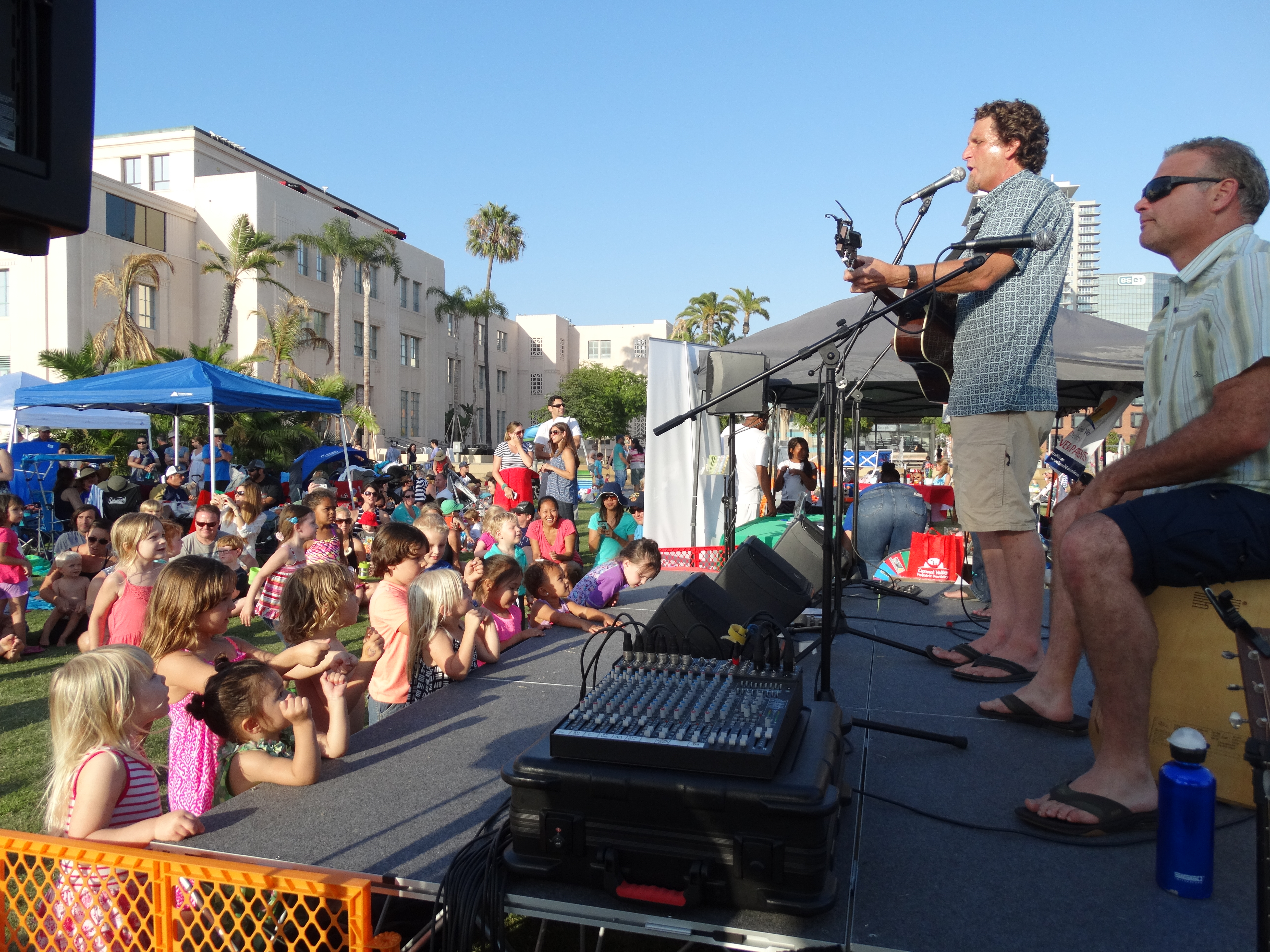The California Department of Public Health is reporting an increase in cases of invasive meningococcal disease in Southern California, particularly in Los Angeles and Orange counties. The cluster of cases in the last several months has disproportionately affected men who have sex with men and is prompting the County of San Diego Health and Human Services Agency to issue an advisory.
“No cases of meningococcal disease have been reported in San Diego this year,” said Wilma Wooten, M.D., M.P.H, County public health officer. “However, as a precaution we are recommending meningococcal vaccination for all gay, bisexual, and other men who have sex with men, as well as for all persons with HIV infection.”
Health officials in Los Angeles and Orange counties are making the same recommendation.
Meningococcal disease is caused by Neisseria meningitidis bacteria, which are spread through close contact, such as living in close quarters, kissing, or sharing drinking glasses, eating utensils, cigarettes or pipes, or water bottles. It is a serious infection that can cause meningitis (brain infection) and/or bacteremia (blood infection), and can lead to death.
Symptoms of meningococcal disease may include fever, intense headache, lethargy, stiff neck and/or a rash that does not blanch under pressure. Anyone with potential exposure who develops any of these symptoms should immediately contact a healthcare provider or emergency room for an evaluation for possible meningococcal disease. Disease can progress very rapidly, and even with appropriate treatment, the disease carries a high risk of death or long-term complications.
Higher risk for meningococcal disease in gay and bisexual men has been associated with one or more of the following:
- regularly visiting crowded venues such as bars, parties, etc.
- regularly having close or intimate contact with multiple partners
- smoking or illicit drug use
- HIV positive status
Men engaging in sex with men who are unaware of their current HIV status and who have not been tested in the past year should seek HIV testing.
Individuals covered under this new recommendation are encouraged to speak to their medical providers about getting the quadrivalent meningococcal vaccine. This is the same vaccine that is routinely recommended for children and adolescents 11 to 18 years of age, including a booster for those entering college if they received their last dose prior to age 15.
For those who are uninsured or whose insurance does not cover the vaccine, the County can provide vaccinations at low or no cost. Due to cases occurring in nearby counties, the vaccine currently is available for any man having sex with other men, regardless of insurance status, at the San Diego County Public Health Center Immunization Clinics and STD Clinics.
For more information about meningococcal disease, go to the the state’s meningococcal disease website or the Centers for Disease Control and Prevention meningococcal disease website. More information about the meningococcal vaccines may be found at www.sdiz.org.






